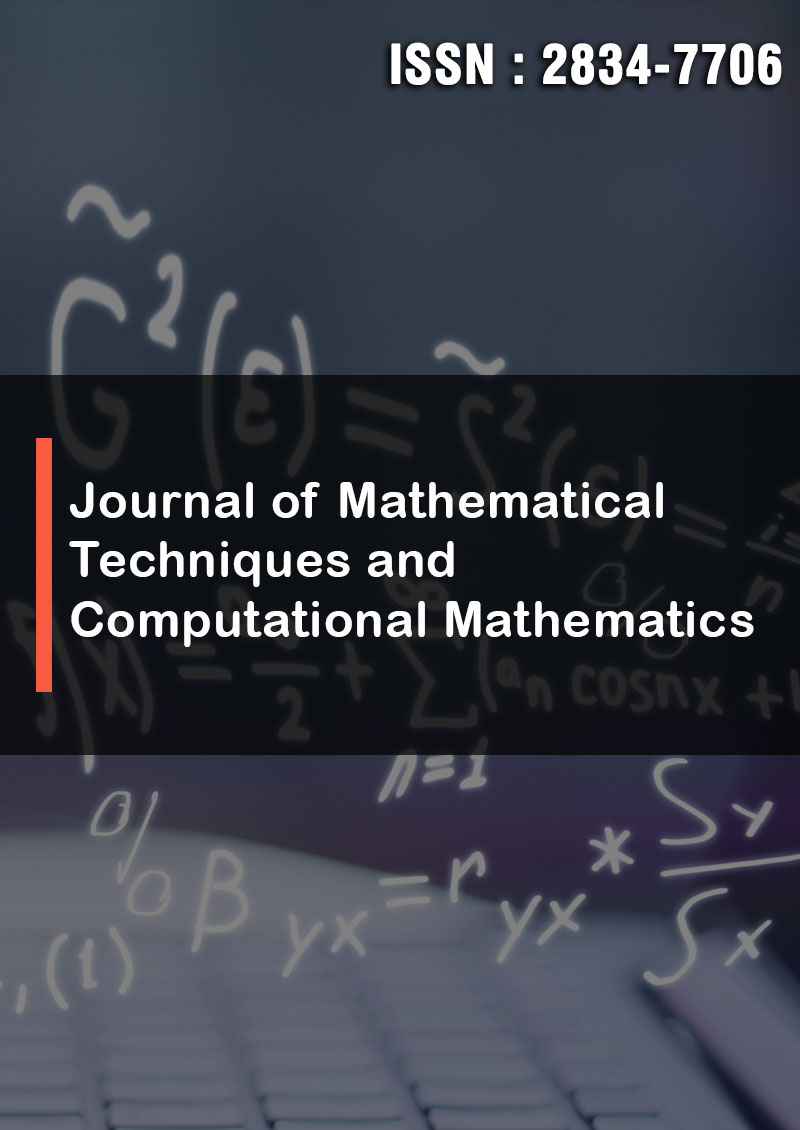Machine Learning-Driven Evaluation of Pramipexole and Mood Stabilizer Combination Therapy in Bipolar Disorder
Abstract
Rocco de Filippis and Abdullah Al Foysal
Background: Bipolar disorder (BD) requires long-term management to prevent relapse of depressive episodes. The use of pramipexole, a dopamine agonist, in combination with mood stabilizers has been explored for its potential to prevent antidepressant relapse.
Objective: This case series aims to evaluate the efficacy and safety of pramipexole in combination with mood stabilizers in preventing antidepressant relapse in patients with bipolar disorder.
Methods: Two patients with bipolar disorder who were at high risk of relapse after discontinuation of antidepressants were treated with pramipexole in combination with mood stabilizers. Clinical assessments were conducted using the Mood Disorder Questionnaire (MDQ), Clinical Global Impression-Severity (CGI-S), Hamilton Depression Rating Scale (HDRS), and Global Assessment of Functioning (GAF) before and after the addition of pramipexole.
Results: The combination therapy of pramipexole and mood stabilizers effectively prevented relapse in both patients. MDQ scores decreased, CGI-S scores improved, HDRS scores reduced, and GAF scores increased, with no significant adverse effects reported over a follow-up period of 12 months.
Conclusion: Pramipexole in combination with mood stabilizers appears to be an effective and safe strategy for preventing antidepressant relapse in patients with bipolar disorder. These findings suggest that this combination therapy could be considered for patients at high risk of relapse after antidepressant discontinuation.



